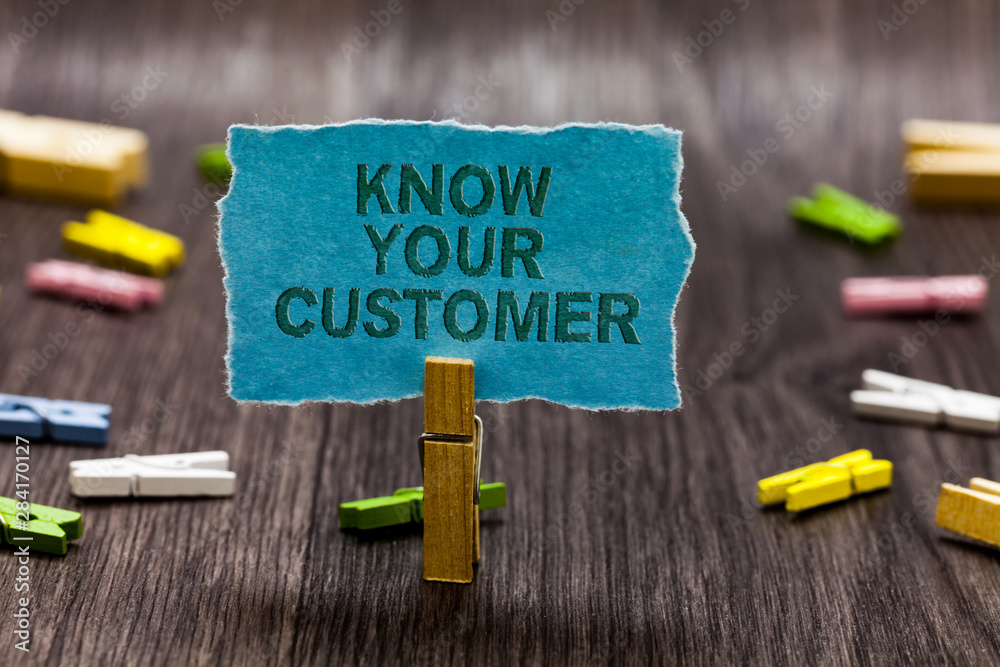In today’s digital world, e-commerce has become a major sales platform for retailers. The Adobe Digital Index (ADI) reported that e-commerce set a record of $2.29 billion in sales on this year’s Cyber Monday, which is a 16% year-over-year (YOY) increase[1]. This record-breaking growth is an indication that e-commerce has earned the trust of today’s connected consumers, who are increasingly willing to turn to online stores to skip the holiday shopping lines and wait a few days for deals. This tremendous growth in e-commerce has a rippled effect in sales strategy, especially in the area of online promotion. Although traditional search engine and website ad placements can still be effective, it is no longer sufficient to completely rely on those means alone in today’s social media dominated online landscape. Internet users are spending more and more time on digital social media. Social media engagement statistics show that social networking is now the top Internet activity, trumping even email. Facebook itself captured 114 billion minutes a month of user activities[2]. To reach all of the potential consumers, retailers cannot neglect all the major social media platforms.
According to this year’s data from the ADI, social media referrals generated $150 million in online sale revenue from Thanksgiving Day to Cyber Monday. Twitter, with a 24% increase in referral year-over-year (YOY), have grown the most. Pinterest came in second in the growth department with 17% growth, while Facebook posted 12% growth. The fact that social media can help directly generate sales is not surprising, considering today’s consumers have acquired a deep social media awareness and the information broadcasted on social networks can have a substantial influence on their purchase decisions. These numbers prove that, when used effectively, social media traffic can be converted into tangible increase in e-commerce sale.
Power of Trust
One of the most appealing functions of social networks in terms of e-commerce is their ability to provide trusted referrals for potential consumers. With the growth of e-commerce, tangible goods in store aisles have transformed into pictorial representations on computing screens. To compensate for this physical distance between themselves and the products, consumers have come to rely on reviews by fellow shoppers to evaluate the products before making final purchase decisions. While these reviews are certainly helpful and improves the perception of the products, the influence of opinions coming from strangers is rather limited due to the anonymity of the sources. After all, if a random person’s hawking can generate sky-high revenue, no company would pay millions for big name celebrity endorsement.
For e-commerce, social network referral is a step-up from anonymous reviews because social media is a trust platform. The majority of social media users have connections that they know and trust. Relevance is a big factor in generating traffic and revenue for e-commerce sites. This means that e-commerce sites can gain more meaningful web traffic and that if a social media user posts or discusses a product on a social network, that information has a higher degree of likelihood to be relevant to his/her circles since all the connections are likely to share the same taste and interests. When those connections recommends or share a product on social media, their friends can evaluate such opinions on a more personal level knowing origin of the views. Users of social network are more sympathetic to the opinions of their friends and are thus more likely to commit any positive perspectives as their own, increasing the potential of a similar sale.
Power of Viral
Social network users are not only influenced by their own inner social media circles, but also the outer Internet circles consist of all the other users. Social media tools like Twitter and Facebook have a worldwide reach because the Internet is inherently global. The average social media users not only use social networks to keep in touch with family and friends, but to stay updated with current trends. In social media terms, a trendy thing is categorized as “viral”. Once something on the Internet becomes viral, it literally becomes a virus-like object, traveling from one end of the world to another. When this virality gains momentum, it solidifies the many similar expressions of the web into a single powerfully influential entity. E-commerce sites can leverage such powerful force to identify trends and create opportunity for sales. No other marketing platforms can give products this much extensive exposure in such a short time. It is a no-brainer that every single e-commerce site needs to be integrated with social media to reach its maximum marketing potential.
The Expectation for Social Media
As powerful as social media is, we are still just witnessing the dawn of its prowess. Social media is here to stay and the integration of our online profiles into all possible Internet activities is simply expected. Social media is a symbolic pillar of the modern web. It is simply unfashionable for companies not to have a socially-aware web presence. Having social media in any e-commerce destination contributes to an image that is modern and hip, one that can be used to identify with the consumers. The bottom line is: if consumers are getting more socially-aware, so must the companies that serve them.
References
Adler, Emily. 2013. Social Media Engagement Statistics - Business Insider. December 18. Accessed December 19, 2013. http://www.businessinsider.com/social-media-engagement-statistics-2013-12.
White, Tyler. 2013. Adobe Digital Marketing Blog | Shopping in a digital world: Cyber Monday blows past $2B in online sales. December 2. Accessed December 16, 2013. http://blogs.adobe.com/digitalmarketing/digital-index/shopping-in-a-digital-world-cyber-monday-blows-past-2b-in-online-sales/.




